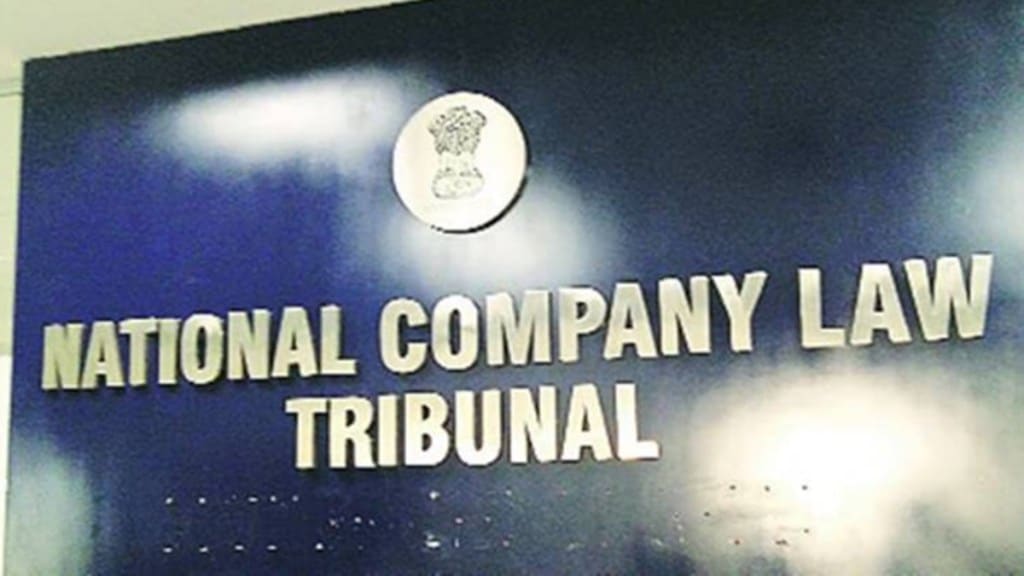A total of 225 resolution plans have been approved under the Insolvency and Bankruptcy Code (IBC) in the current financial year till January 19, said Ramalingam Sudhakar, president, National Company Law Tribunal (NCLT) on Saturday. This is much higher than 197 resolution plans approved in FY23 – the year which has seen the highest number of resolutions since the inception of the code.
Between January 2017 – January 17, 2024 – 942 resolution plans were approved by the NCLT, Sudhakar said while applauding the Insolvency and Bankruptcy Board of India (IBBI) for rolling out a meticulous regulatory regime in consideration with the larger economic narrative of the nation, at an event in the national capital.
At the same event, Ministry of Corporate Affairs Secretary Manoj Govil said that the performance of IBC has been significantly better than other regimes available for dispute resolution. “The success of the Code can be measured by drastic reduction in gross non-performing assets; increase in resolutions; behavioural change and change in relationship of debtors and creditors,” he said.
Ravi Mital, chairperson, IBBI, meanwhile mentioned the need for continuous innovation in the ecosystem by all the stakeholders. He highlighted that it is critical to consider second generation reforms like group Insolvency, pre-packaged insolvency resolution process and resolution involving multiple plans.
Earlier this month, RBI Governor Shaktikanta Das had said that the government should consider enabling a pre-packaged insolvency resolution process (PPIRP) for large firms to speed up the resolution of stressed assets.
Das had said India has already rolled out PPIRP for micro, small and medium enterprises, but the response to it is relatively muted. This could be attributed to hesitancy among financial creditors in approving proposals under this mechanism, as the haircut is seen as voluntary. Nevertheless, Das emphasized that the PPIRP aims to encourage promoters to engage constructively with creditors, potentially even before any default occurs.
According to IBBI data, 67% of the ongoing Corporate Insolvency Resolution Process (CIRP) cases as on September 30, have already crossed the total timeline of 270 days.
